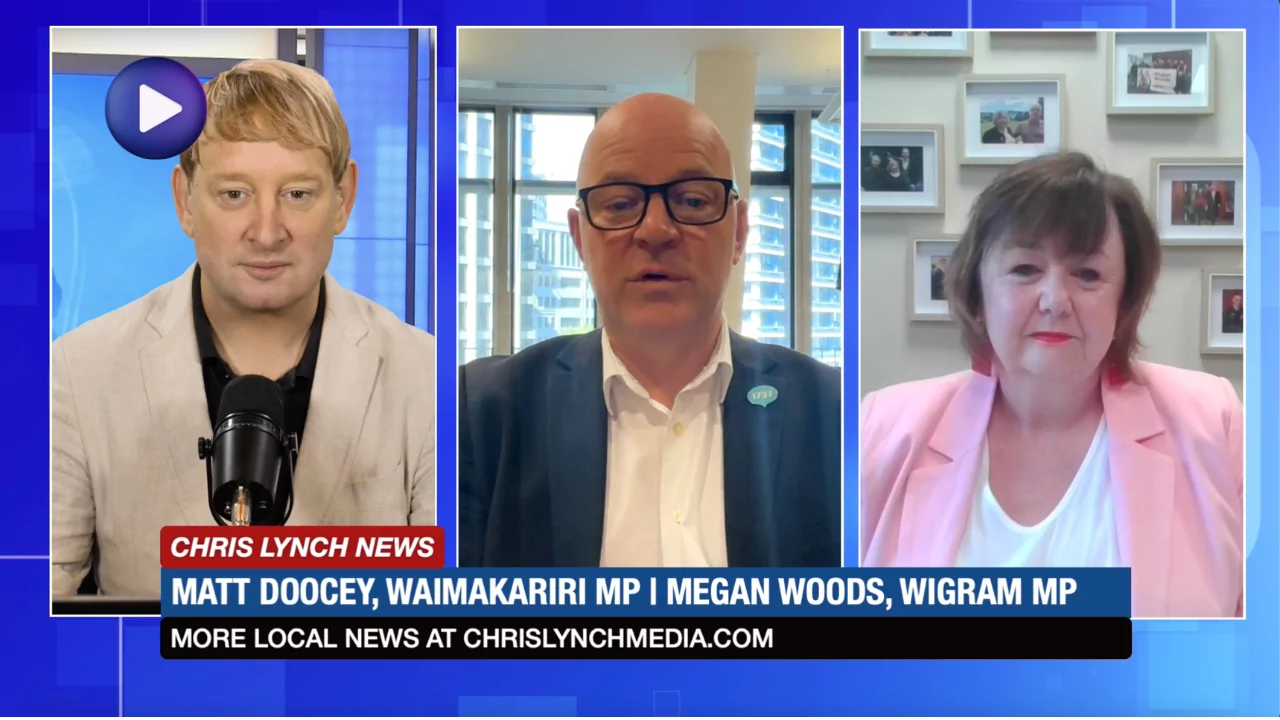Escaped youth tracked by Eagle helicopter, found hiding in New Brighton
The young person who escaped from a youth justice facility in Rolleston has been located...
The Commerce Commission will be given more power to step in and set fair petrol prices if needed.
The announcement was made by Energy Minister Megan Woods on Wednesday morning.
She said a terminal gate pricing regime was one of several changes brought in under the Fuel Industry Act 2020 to improve competition at the wholesale level and increase transparency in fuel markets.
“The terminal gate pricing regime requires wholesale suppliers that sell from terminals to post a daily spot wholesale price (the terminal gate price).
If requested, wholesale suppliers must supply the retailer with the requested amount at the terminal gate price. This improves access to the wholesale market and provides for transparent wholesale prices, which makes it easier for new participants to enter the market and for existing fuel sellers to expand into other regions”
Woods said “ the regulatory backstop measure was recommended by the Commerce Commission in 2019 as part of its fuel markets study which prompted the Act.
While the Act is already facilitating a more competitive wholesale fuel market, there are some outstanding risks to the success of the terminal gate pricing regime,” Megan Woods said.
“For example, the increased price transparency helps competition, but there’s a risk that wholesalers could co-ordinate prices, due to the greater wholesale price transparency, unless there are some disincentives built into the system.
“Following consultation with the sector in 2020 we are now pushing through on the development of the backstop regime, which would allow for terminal gate prices of one or more wholesale suppliers to be price regulated if excessive terminal gate prices are found to be offered. It is expected to come into effect in mid-2023.
“This suite of measures strengthens our fuel system to make it more secure, sustainable and affordable for all New Zealanders,” Megan Woods said.
Improving fuel supply resilience
Minister Woods said the Government was also improving New Zealand’s fuel supply resilience with onshore fuel stocks obligations for the fuel sector as well as Government-procured diesel storage.
“Having a sufficient supply of onshore fuel stocks will help shield us from major disruptions to international oil and fuel markets, natural disasters and infrastructure failures. And while the risk of a major disruption to our fuel supply is very low, the impacts would be significant and felt across the economy,” Megan Woods said.
“Fuel importers and wholesalers with bulk storage facilities will be required to hold minimum levels of onshore stocks of petrol, jet fuel, and diesel. Minimum fuel stockholding levels for them will equate to approximately 28, 24 and 21 days’ worth of petrol, jet fuel and diesel respectively.
The Government will also procure additional onshore storage of reserve diesel stocks of at least 70 million litres of diesel, providing approximately seven days’ cover.
“The focus on diesel for additional stockholding reflects the importance of diesel for the operation of critical services, such as emergency services and deliveries of food and essential goods. Transport fuels currently underpin the day-to-day running of our economy and it’s vital we manage our fuel resilience well.”
